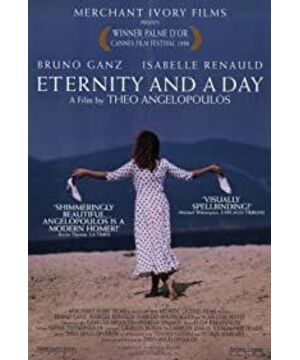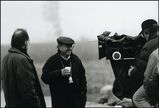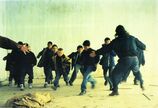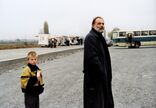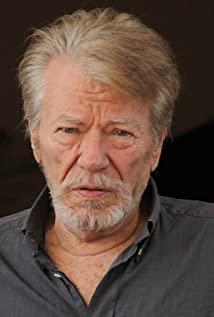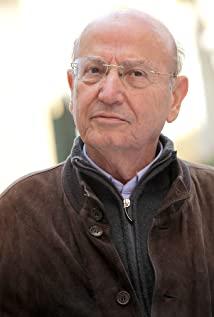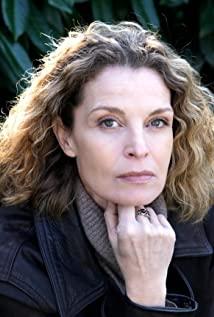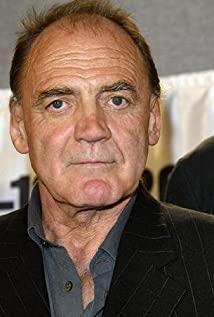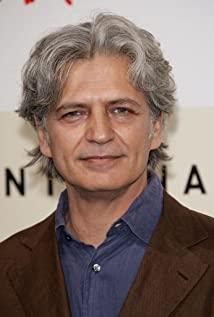I knew An Zhe a long time ago, together with the original soundtrack of Eleni Karaindrou, Eternity and a day, has been heard countless times before watching the movie. Gritting my teeth, a movie with such beautiful music shouldn't make me too uncomfortable. Sure enough, when the old poet was watching the man who played the same music as him, I had fallen in love with this movie.
Maybe through some comparisons, we can make An Zhe a little clearer. I saw the image and made me feel that An Zhe is a poet, a walking poet, but his heart may not be as relaxed as his footsteps. It is just that he understands what he does, and he presents the state of the world as a poem. For example, the kid in the film is a smuggler, how would other people behave about smuggling? If it is a relaxing and entertaining movie, such as Michael Bay, smuggling will be a crime that breaks the balance of the original reasonable happiness world in his image. This sense of depression that suppresses the balance will last until the end of the movie. One of the dual contradictions is clicked, OK, and everything returns to balance. With Lao Ji replaced, he would not show this theme of smuggling. According to his own words, he is not interested in clear utilitarian themes. The follow-up effect of "The Murder Short Film" was completely beyond his expectation. Even if it was filmed, he would shoot it as smuggling. He pays more attention to the personal fate of the perpetrator and the criminal. Where is old Martin? Gorgeous tracking long shots and jazz music, and then naturalistically show the various smuggling activities of the largest criminal group in New York, and the relationship between them is as clear as a research report. Finally, let's look at how An Zhe behaves: his images acquiesce that these are part of life, and the emergence of smuggling groups does not make the rhythm suddenly tense, it is still relaxing. This does not mean that he did not make a value judgment. In that dilapidated building, those snake heads turned into a dark mass under the backlight can be seen as a hint. In the simple funeral of a little human snake, the top Light and the progressively advancing lens pushes sympathy to the extreme. A poet does not want to change the world, but outlines the world in his eyes through his poems. He can have his own likes and dislikes, but the world is still the same. Therefore, Laoji’s shots are always so cold, even when there is warmth, it makes you feel God’s compassion, always condescending, seeming to keep sighing. But An Zhe was looking upright, and he could even feel the corners of the poet's mouth rising and sinking from time to time by touching these lenses. Lao Ji's long mirror is always constant, and the portrait of the person in the picture is in the cage of an invisible zoo, showing the details of his life. Although Anzhe’s long mirrors are used more frequently, they are actually very few. Most of them are moving very finely. For example, the panoramic view of the building from the film's opening is actually moving forward, but it is so subtle. It feels like The footsteps of a poet who lamented the passing of life.
This head-up angle is also reflected in the film always allowing the protagonist to walk into the scenes of his memories or narrative passages, or let the people in his narration walk into the real (or current) life passages. This technique is not new, but his angle is invaluable to maintain a head-up angle. Because in most of the scenes that span time and space, the narrator will make the image with a spectacle color, and the tension will be highlighted again. But An Zhe always allows the characters to come and go peacefully, without even the feeling of breaking into someone else’s territory. Everything that becomes a spectacle becomes ordinary in the poet’s image, but it is precisely because it is in an ordinary way. Performance, therefore, when the protagonist came to his own family gathering on the beach a few years ago, or the 19th century poet’s side, the ordinaryness of the lens formed a subtlety with the protagonist’s appearance in the surrounding environment due to his age or appearance or situation. The contrast, the feeling of poetry, was born silently in this contrast.
In fact, what I have said above is still a little bit technical, but I don't mention much about the film itself. Yes, the feeling of touching my past, I think it’s better not to say it, his image is already very clear, any language contamination is only a limitation, and I can’t say it, I just want to disagree with that. Like a poet who knows my mother tongue, I am willing to spend money, as long as you can provide a vocabulary to describe my current mood.
View more about Eternity and a Day reviews


